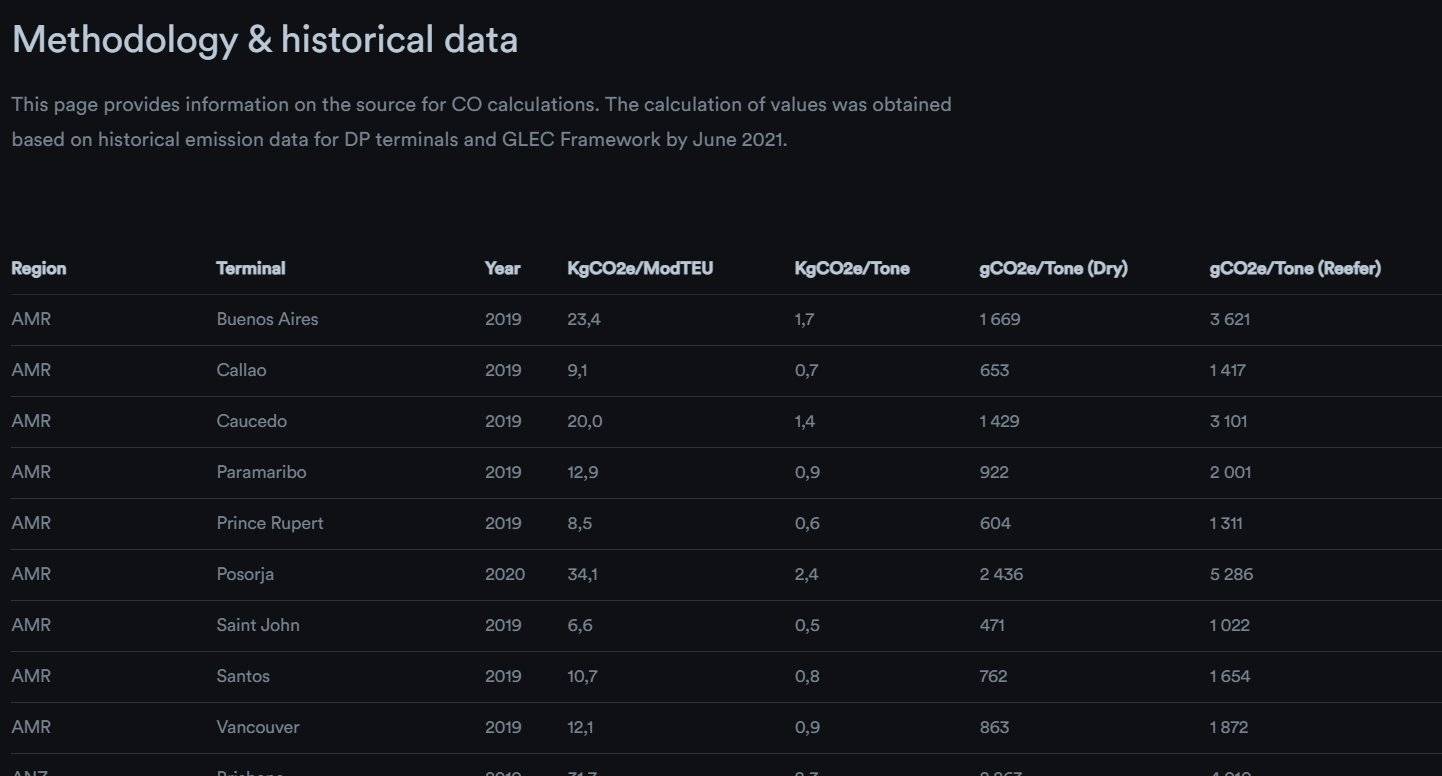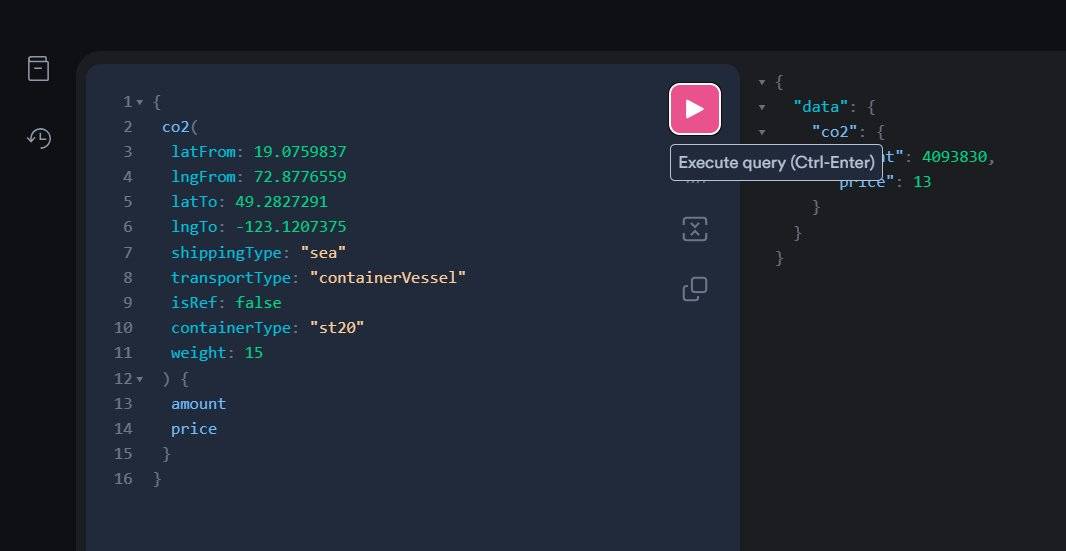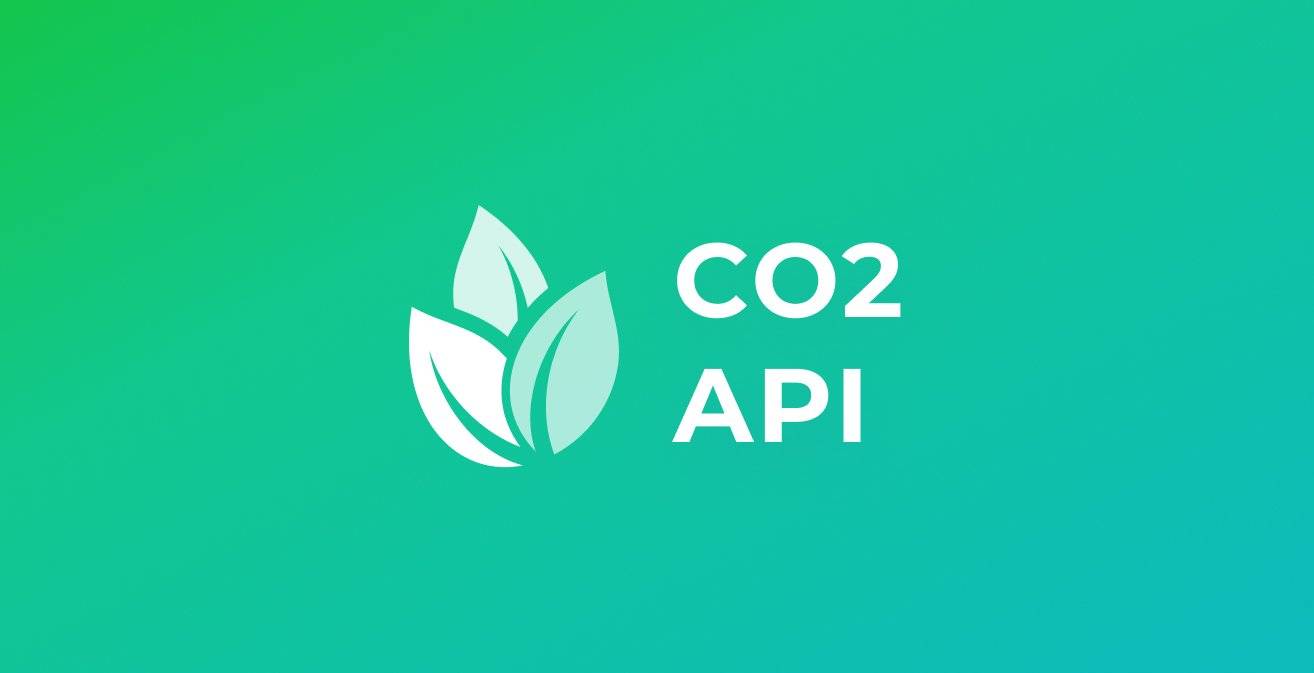The latest enhancements to the SeaRates online freight marketplace have brought new solutions for development, such as green technology implementation in your logistics processes. The Carbon Emission Calculator API is now available for your business to accurately calculate the emissions into the atmosphere from each of your shipments.
Let's look at the functionality of the new CO2 emissions calculator and how you can improve the environmental impact of your logistics and trading operations, achieving sustainability improvements in your business.
Difficulties in calculating the harmful CO2 footprint impact of your supply chain
You may be confident that you are using green technologies or frequently substituting shipping for air travel, but is it enough? A comprehensive approach is needed to determine in detail the negative influence on nature that is generated by a particular shipping method over the life of your logistics operations.
Let's analyze the lack of nuances that may prevent you from having all the information about the harmful CO2 impact on the environment.

- The difficulty of finding the average amount of CO2 emissions for different types of transportation methods. For different options of your deliveries, there will be a different amount of CO2 emissions into the atmosphere. This depends on the fuel (different types of transportation have varying amounts of carbon emissions during combustion), the size of vessels or other types of transport (technical parameters, any other characteristics), etc.
- Calculation of freight transit time. The duration of delivery and the speed of your chosen mode of transport affect the resulting emissions value.
- Lack of open data. Usually, only a few shipping lines, carriers, and logistics providers share information, source data, or methods for calculating carbon emissions.
- Narrow specificity of the issue. Climatic conditions, peculiarities of routes and transport, any factors of changing logistics, and the previously mentioned lack of publicly available information make it almost impossible to be sure of the exact amount of carbon emissions that need to be reduced and calculate compensation in return.
Given the above, it is critical for each business to individually calculate carbon emission to obtain accurate rather than approximate data.
Integrate CO2 Emissions Calculator API to enhance your TMS, ERP, and CRM systems
TMS (Transportation Management Systems), ERP (Enterprise Resource Planning), or CRM (Customer Relationship Management) are designed to receive and transmit your data via APIs. The CO2 API documentation guide will show you how easy it is to integrate a CO2 IT solution in a couple of minutes.
Find the complete CO2 API guide on our SeaRates Developer Portal and ask any questions about the carbon emissions equivalent calculator to SeaRates Customer Support.
Your system will have permanent access to the SeaRates CO2 API Methodology, which is based on the GLEC Framework (Global Logistics Emissions Council Framework). This way, you will receive a full range of accurate information on the amount of air emissions based on individual calculations.

How to calculate carbon emissions for each mode of transportation?
For example, you or your customers typically ship FCL shipments from South Korea to Spain by sea. It is necessary to accurately calculate the carbon emissions caused by this transportation. However, this data won't be enough for the calculation. So, how to calculate carbon emissions?
By integrating a CO2 Calculator API into your system, you make it possible to find out the amount of carbon emissions and monetary compensation for transportation at any time, noting all the nuances of cargo transportation in one place.
Take a look at the Query parameters:
- https://www.searates.com/graphql_co2 – request link
- latFrom/lngFrom - place of loading coordinates
- latTo/lngTo - place of discharge coordinates
- shippingType - the sea, road, rail, or air type of your shipment
- transportType - the parameter that is matched to the current shipping type. Accepted values:
- For sea - containerVessel, bulk, cargo, RoRo, barge
- For road or rail - diesel, electric
- For air – default.
Kindly check our CO2 API documentation for more.
- containerType - the type of your shipping container
- weight - specify the weight of the transported cargo in tons
Response example
You will receive a detailed calculation of CO2 emissions in a simple form. The answer will contain two main parameters:
- 'amount' - CO2 emissions value in grams
- 'price' - carbon offset compensation in USD
You can submit a carbon emissions test request right away on our Developer Portal.
On the Carbon Emission API documentation page, you will be presented with the API simulator.

By clicking on the 'Execute query' button, you will see a visual calculation of carbon emissions according to the specified parameters and an example of responses to the test query.
Get a trial period for CO2 calculator API
Reach out to us for your test credentials and get free CO2 emissions calculator trial access to SeaRates' CO2 Logistics Explorer API now.
End Note
The SeaRates team is pleased to contribute to the development of the digitalization of logistics businesses and make cooperation with each other easier on a single platform.
The design and advanced methodologies of our IT tools for shipping, as well as the CO2 emissions calculator, are intended for easy integration with your platforms. Get the opportunity to expand your service impact by offering efficient logistics solutions to your customers.
You are always welcome to contact our team at [email protected] for easy integration of our products to meet your daily challenges.

